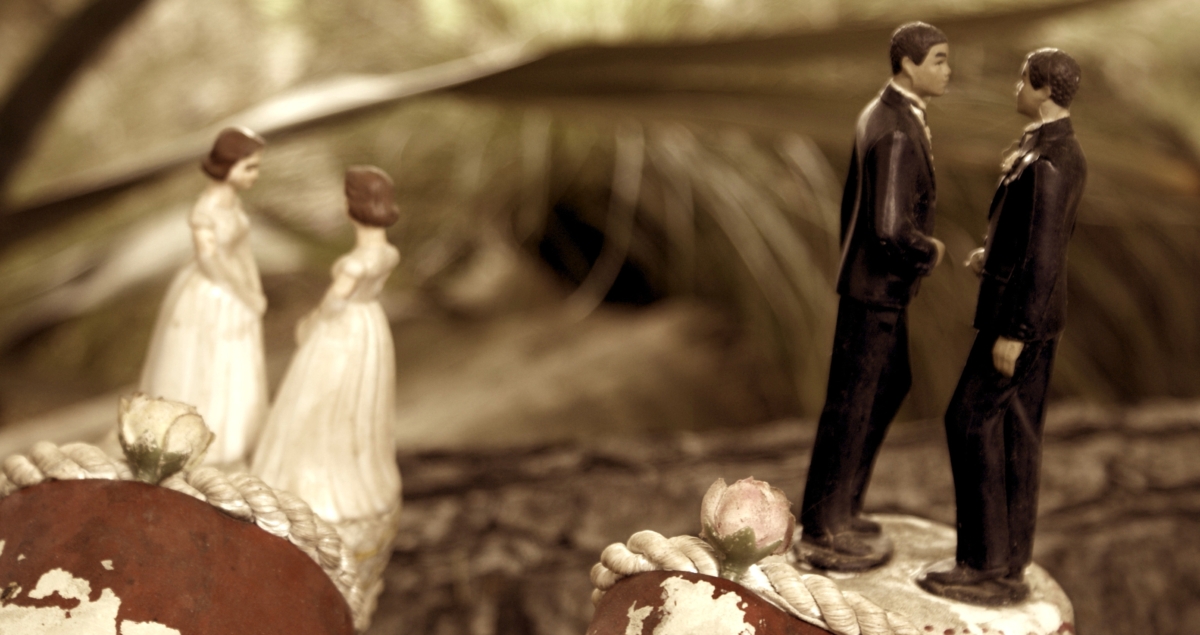Society
Gay Wedding Cakes: SCOTUS goes 7-2 in favor of 1st Amendment with narrow instruction
The Supreme Court has handed down a 7-2 decision on the question of bakers and cakes and gay weddings, and Colorado’s clear hostility toward religion as protected by the 1st Amendment seems to have impacted that ruling: The justices, in a 7-2 decision, faulted the Colorado Civil Rights Commission’s handling Read more…
